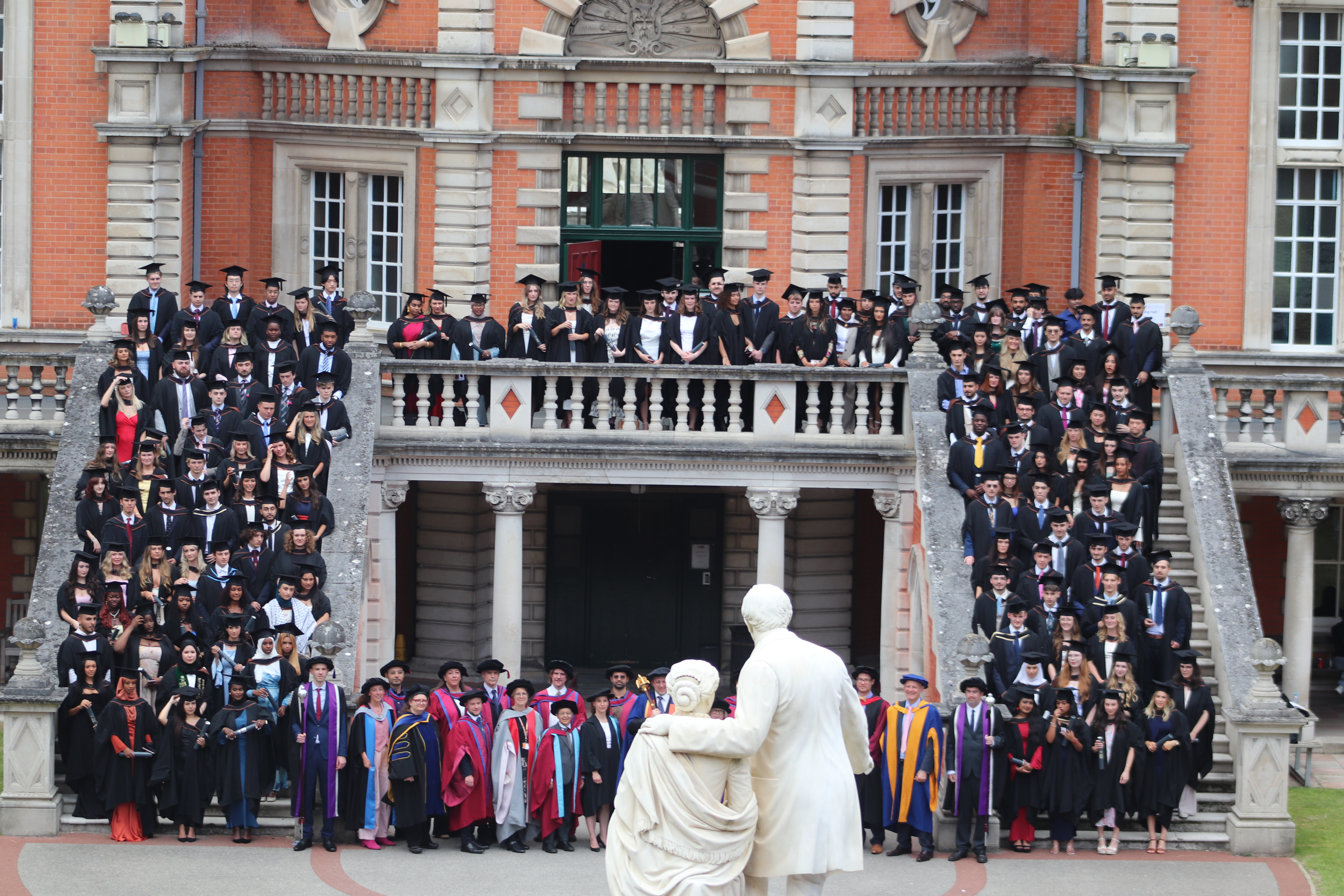Nathan Widder will be the project coordinator and mentor for a two-year Marie Sklodowska-Curie Fellowship awarded to Dr Manhua Li to come to the department. The award is in the amount of £173,117 and runs from 2021-2023.

Nathan is serving as the Primary Coordinator/Project Mentor. The project title is: “Care of the Self and Ethics for the Other: From a Genealogy of Asceticisms to the Critique of the Subject.”
Project description: This fellowship will draw together Western and Chinese theories and literatures to develop a truly comprehensive genealogy of asceticism, and will explore how this expanded understanding of ascetic practice can enhance contemporary therapeutic practices. It will examine the relationship between the idea of the “care of the self,” whose early Western genealogy was explored by 20th Century thinker Michel Foucault, and an ethics of concern for the other as developed in Chinese traditions, with a view to surmounting the solipsism that seems to plague Foucault’s ethics of transgression.
Fellow biography: Dr Li Manhua received her PhD in philosophy at the École Normale Supérieure in Paris in 2019. Her dissertation, entitled “Le corps ascétique” (“The Ascetic Body”) explores genealogy as a transcultural critical approach, and provides an account of the body as the milieu of ascetic practices in Mencius and Zhuangzi on the one hand, in Nietzsche and Foucault on the other. The ascetic body, in this sense, implies a transvaluation or a transgression of the aesthetic and ethical premises underlying the Chinese and European philosophical and cultural traditions. Her research focuses on contemporary French philosophy, 19th and 20th centuries German philosophy as well as pre-Qin and contemporary Chinese philosophy. Her writing of the body engages actively with current affairs such as bio-ethics, gender, technology, environment and cross-cultural value conflicts involving these issues. She remains curious about how Chinese ancient philosophy could contribute to contemporary feminist and ecologist causes.
























